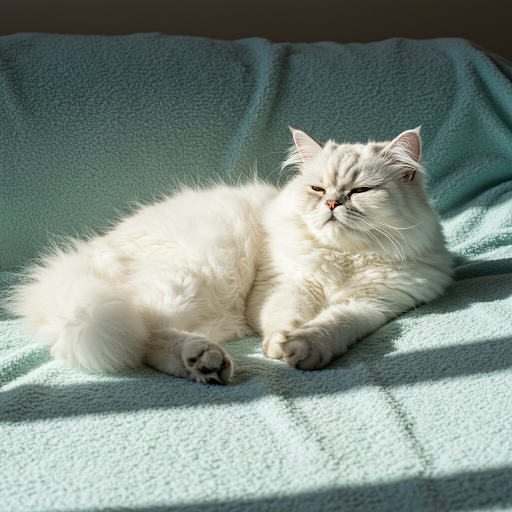Is your feline friend more jittery than a squirrel on espresso? You’re not alone. Many pet owners face the nerve-wracking challenge of managing cat anxiety. Contrary to popular belief, cats aren’t always the aloof, stress-free creatures we imagine. In fact, studies show over 30% of domestic cats display signs of anxiety. Don’t worry; you won’t need an arsenal of specialized products to help your kitty chill. This guide is here to provide real, actionable insights into calming your cat down using everyday items. With current trends revealing a rise in holistic pet care solutions, now’s the time to embrace simple but effective home remedies that both you and your cat will love.
The Surprising World of Cat Anxiety
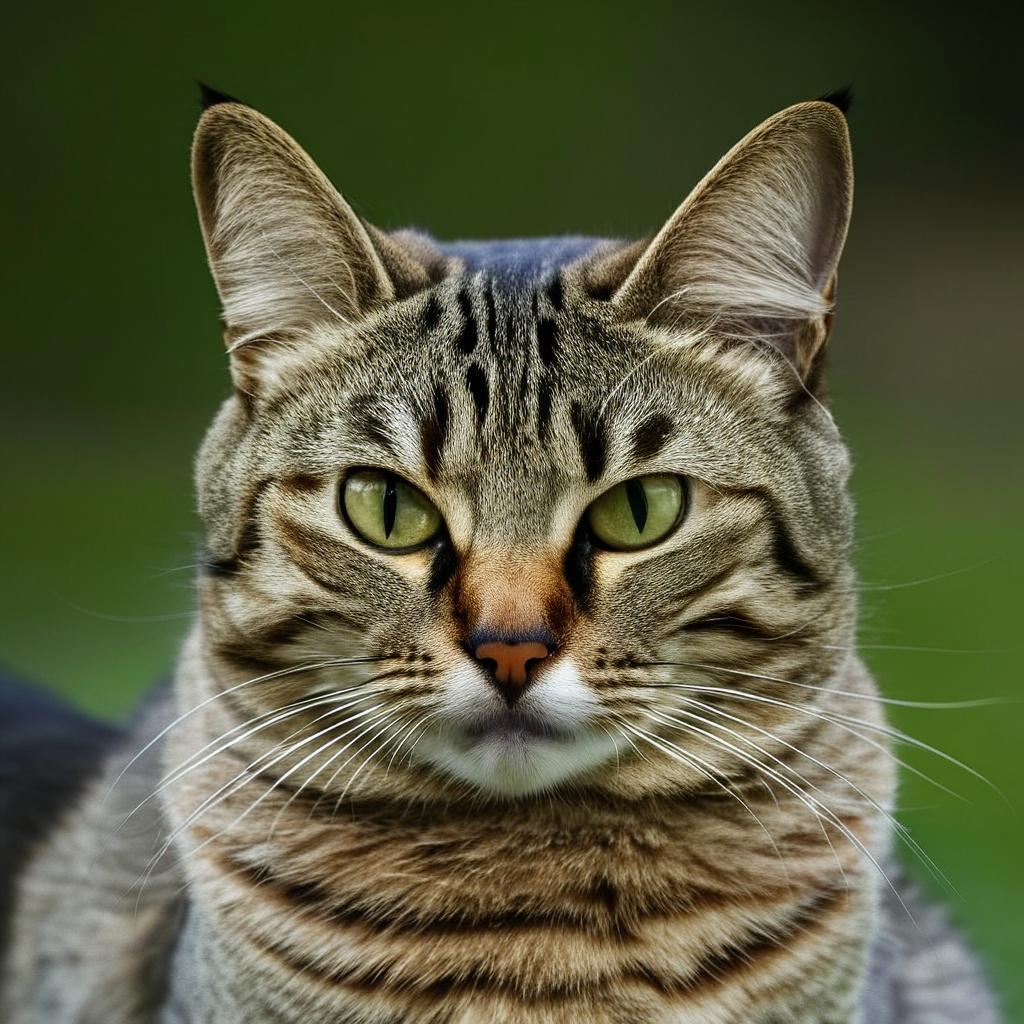
Cat anxiety? Sounds like an oxymoron, right? Yet, it’s a prevalent issue. Reports suggest up to 40% of cats have some level of anxious behavior. When your tabby is treated like royalty and still acting skittish, there’s likely more beneath the surface. Factors like changes in the environment, new furry siblings, or even subtle shifts in your routine can send your cat’s nerves into a tailspin. Let’s delve into understanding these triggers.
Signs Your Cat Might Be Anxious
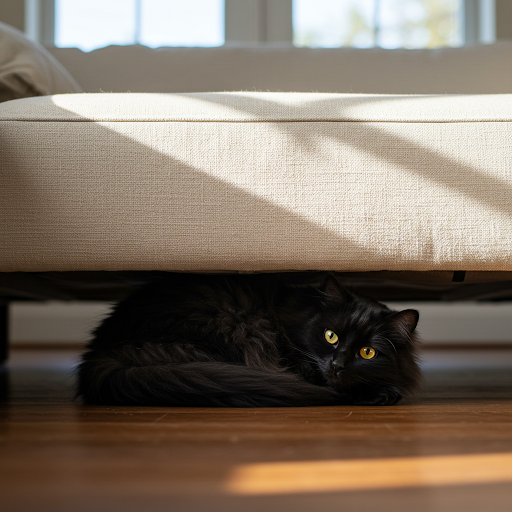
Does your cat dart under the couch at the slightest noise? Or maybe he’s acting like a clingy Velcro kitty? These behaviors might be cute, but they could also signal anxiety. Anxious cats often display excessive grooming, sporadic aggression, or frequent hiding. Recognizing these signs is crucial. The sooner you spot anxiety, the quicker you can address it.
Create a Safe Space: The Power of a Cozy Hideaway
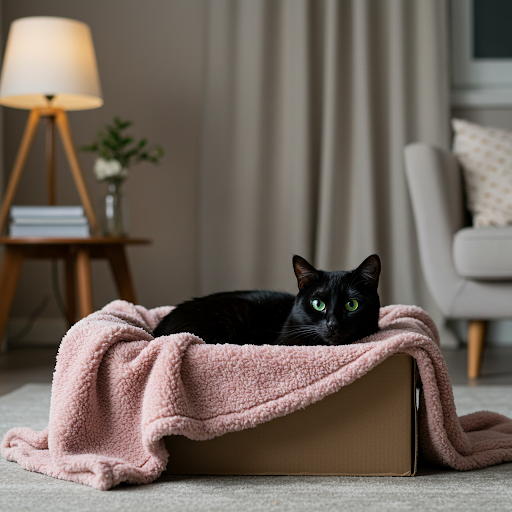
Wouldn’t you love a quiet nook to escape to after a long day? Your cat thinks so too! One simple yet effective way to reduce anxiety is by creating a safe haven. Use cardboard boxes, old blankets, and pillows to transform a corner of your home into a feline zen zone. Studies show that having a designated safe space significantly reduces stress-related behaviors in cats. This isn’t just about aesthetics; it’s about creating an environment that nurtures calm.
The Benefits of a DIY Cat Fort
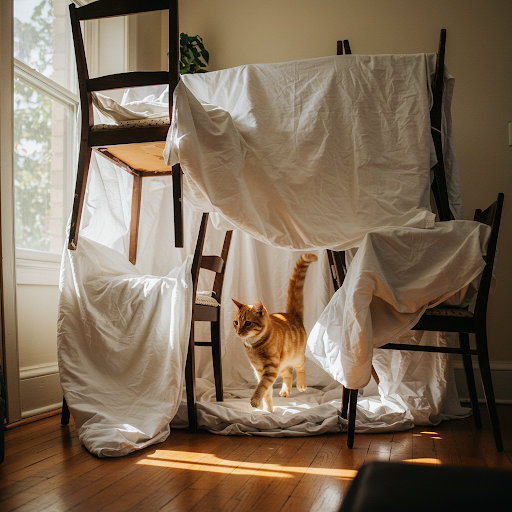
Remember building forts as a kid? With a bit of creativity, you can craft a similar masterpiece for your feline companion. Cats adore spaces where they can hide yet observe their surroundings. Make the ultimate cat fort using chairs, sheets, and your imagination. Not only does this provide security, but it also acts as a gateway to fun and exploration.
The Magic of Familiar Scents
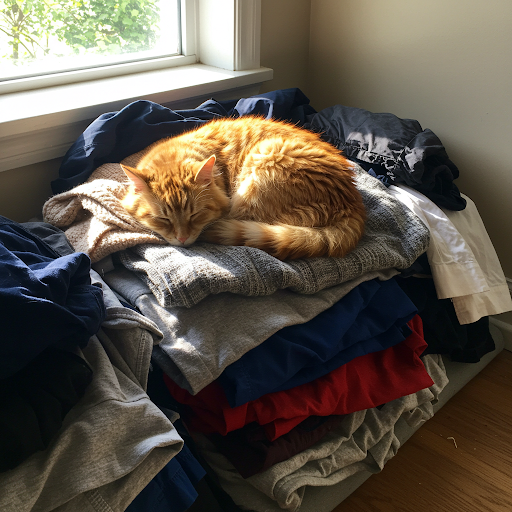
Just like a certain smell can spark nostalgia in humans, familiar scents can comfort cats. Gather items your cat loves to snuggle with, like your worn T-shirt or a favorite toy. The presence of familiar scents can act as a powerful de-stressor. Research supports that scent familiarity reduces stress hormones in animals, promoting a feeling of safety. So, your laundry day procrastination? It might just make you and your furry friend happier!
Mindful Music: The Unexpected Calmer

Move over, Beethoven; cats have their own musical preferences! Research indicates that feline-specific music can indeed soothe anxious kitties. Before you raise an eyebrow, consider giving it a try. Use platforms like Spotify or YouTube to access calming playlists designed for pets. Soft tempos and gentle rhythms can do wonders for an anxious mind – both feline and human.
Play and Exercise: The Stress-Buster Combo
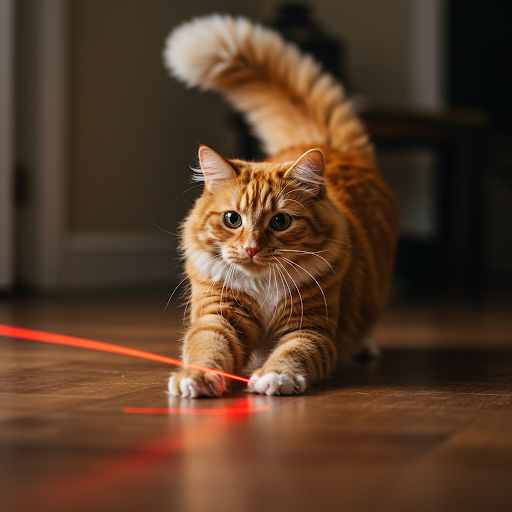
Feeling the blues? How about a little exercise to lift the mood? Turns out, what works for us can work for our pets too. Regular playtime isn’t just for fun; it’s essential for reducing anxiety. With everyday household items like strings, balls, or laser pointers, you can initiate a game of chase that both distracts your cat and helps them expend excess energy. Just like hitting the gym, consistent play is key!
Herbal Remedies: Nature’s Soothing Solutions
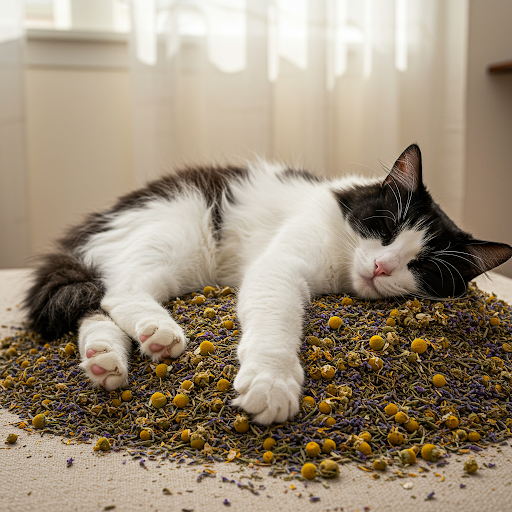
When nature gives you lemons… well, it also might give you chamomile or valerian! These natural herbs are known for their calming properties and can be a godsend for an anxious cat. Make herbal sachets or teas, but ensure they’re formulated and safe for feline use. According to studies, certain herbs encourage relaxation, making it a viable holistic option. Always consult with your vet first, though!
A Little TLC: Cuddle Therapy

Some days, all a cat needs is love – and maybe a cozy lap to curl up in. Cuddle therapy has been scientifically shown to reduce anxiety, thanks to the release of feel-good hormones like oxytocin during petting. Sitting with your pet and offering gentle affection can reassure and strengthen your bond, creating a sense of security. But remember, not all cats are fans of long cuddles, so gauge your feline’s comfort zone.
Catnip: A Classic with a Twist
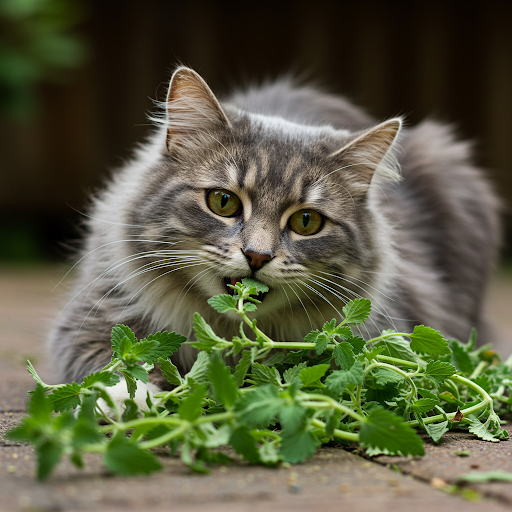
Think catnip is just for hyperactivity? Think again! While it can induce playfulness, it also has a calming effect post-play due to its ability to release happy hormones. Offering a catnip toy or simply sprinkling a few leaves in their favorite spot could offer multi-layered benefits. Of course, moderation is key—too much and you might have a furball party animal on your hands!
Aromatic Soothing: Essential Oils for Cats
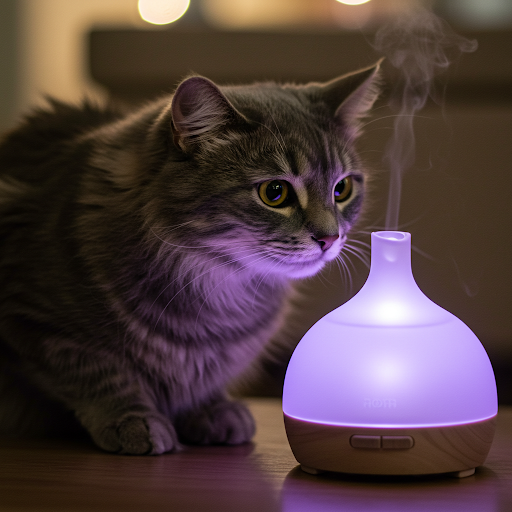
Essential oils aren’t just for yoga enthusiasts; used correctly, they can benefit your cat too. Opt for feline-friendly oils like lavender and chamomile. Ensure proper dilution, as cats are sensitive to strong oils. Diffusing these gently in your home can create a calming atmosphere. As always, consult with a professional to maintain safety standards for your precious pet.
Routine and Consistency: The Unsung Heroes
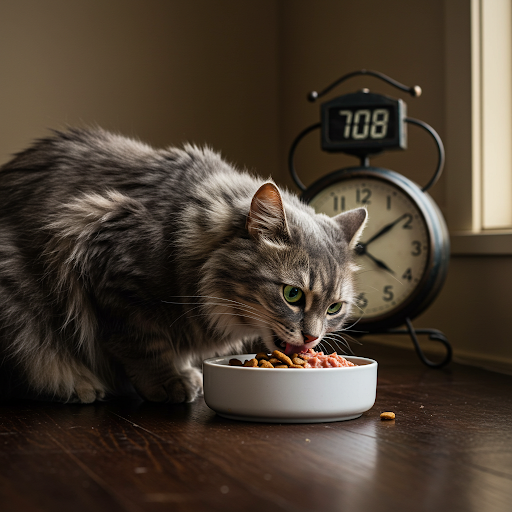
Just like your rigid morning coffee schedule, cats thrive on routine. Consistency in feeding times, play, and sleep can vastly reduce their anxiety levels. Cats are creatures of habit and abrupt changes can be distressing. Keeping a stable daily schedule provides predictability, offering comfort and security. When routines are maintained, cats feel more in control, hence more relaxed.
The Importance of Vet Consultations: When DIY Isn’t Enough
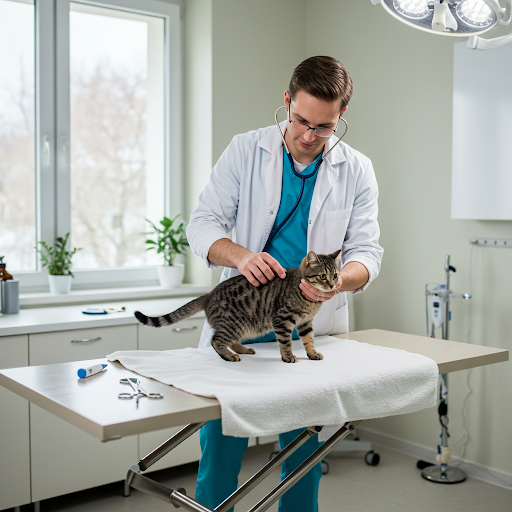
While home remedies can work wonders, chronic anxiety might need more than DIY solutions. Persistent behavior changes warrant a chat with your vet. They can rule out medical issues or suggest additional treatments like pheromone diffusers or medications. A combined approach could be the key to a happier, calmer kitty.
Conclusion: Simple Solutions, Happy Cats
Helping your cat overcome anxiety doesn’t require magic or expensive gadgets. With attention, love, and a touch of creativity, your home offers myriad resources for comfort and calm. Create cozy spaces, use familiar scents, and remember the power of a gentle touch. Together, you and your feline can enjoy a stress-free life. Keep exploring, and delight in the small victories and purrs along the way!

